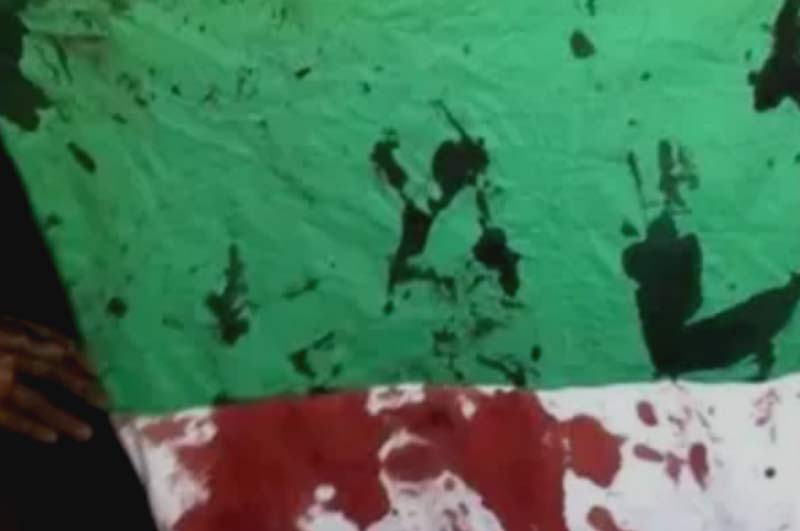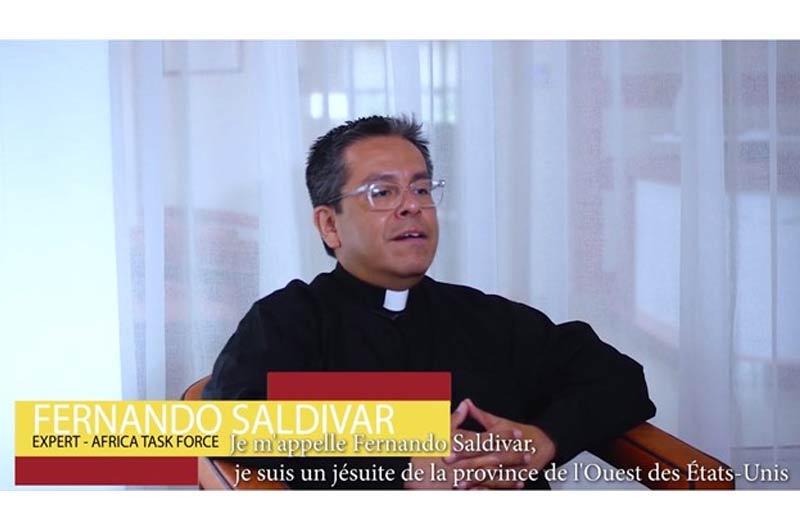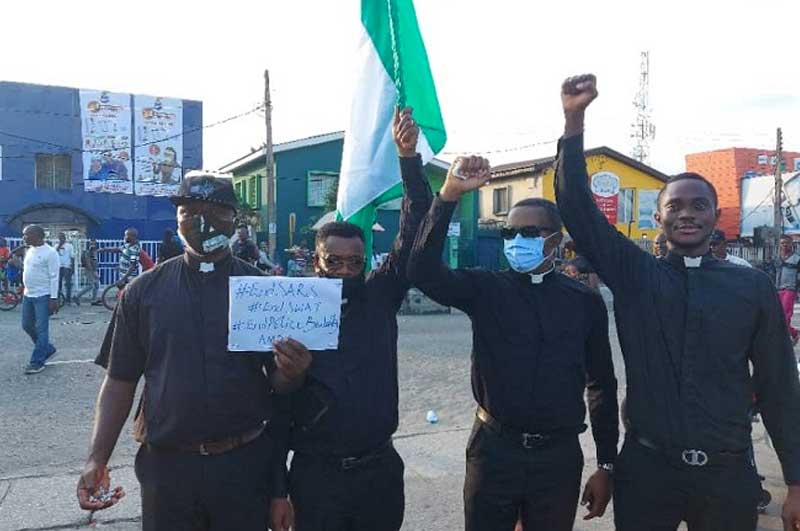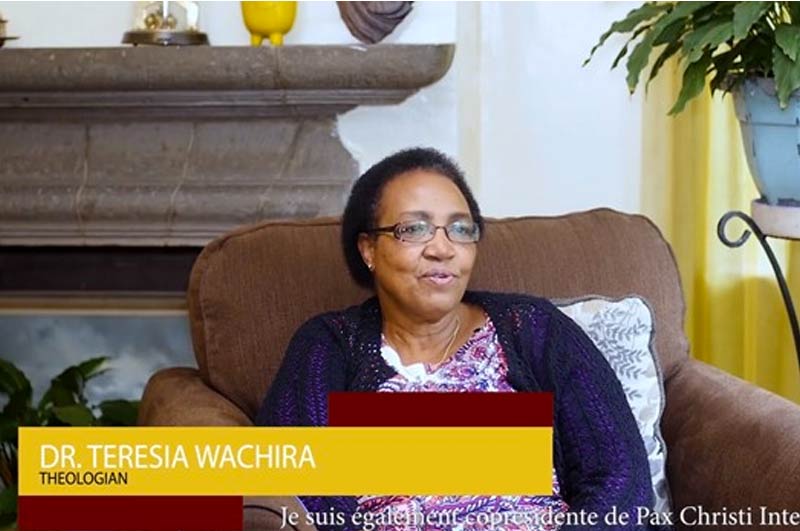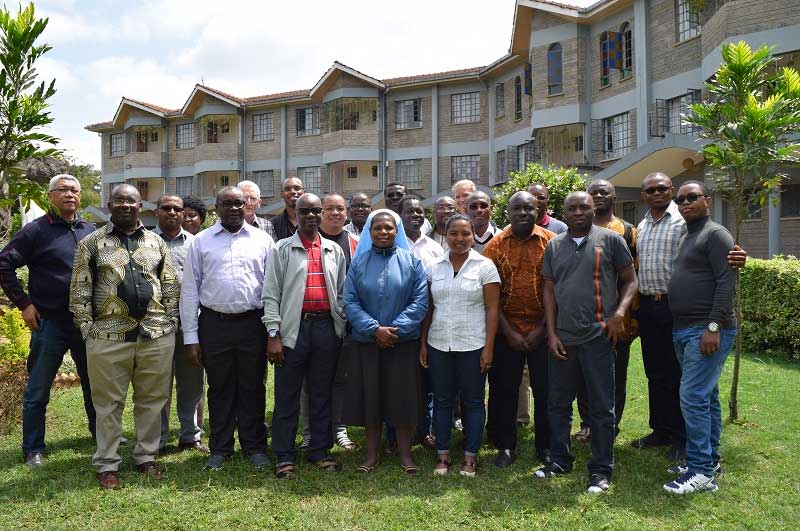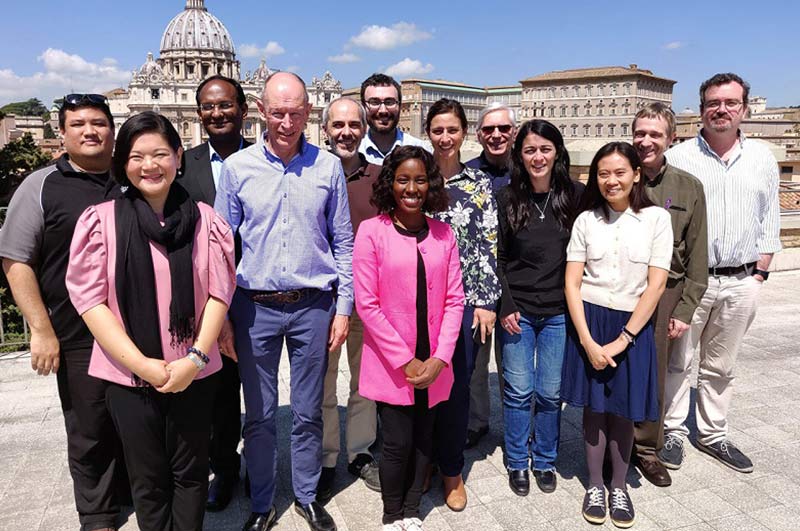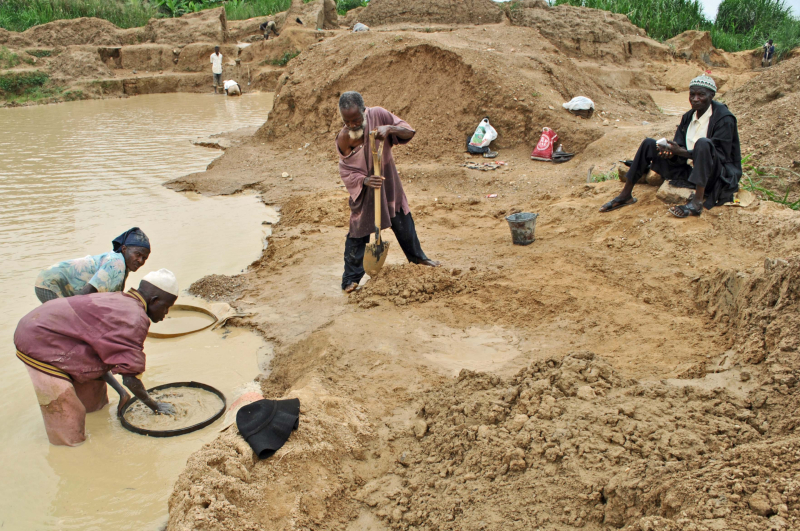

Justice in Mining Network, a Global Ignatian Advocacy Network (GIAN), Jesuit Justice and Ecology Network Africa (JENA) and Jesuits Mission in UK, held a webinar on 20th April 2023.
The webinar was attended by 13 participants from various Jesuits Organizations across the globe. The objective of the webinar was to bring the centres together to forge a working relationship among the Jesuit social centres working on Mining related areas. An overall goal for the meeting was to:
1) Recap previous meetings held in Lubumbashi, DRC and Loyola, Spain on mining issues in 2022
2) Know the various social centres working on mining-related issues/areas
3) Network and forge collaborations
Guillermo Otano the coordinator for the Justice in Mining Network, a Global Ignatian Advocacy Network (GIAN) established in 2008 took the opportunity to introduce the network and its core group, mentioning the Jesuit social centers affiliated with the network. The global core group of the network is made up Jesuits Conferences from across the continents. During his briefing, he mentioned the thematic priorities of the network, including:
1) Stopping the criminalization of human rights and environmental defenders,
2) Corporate regulation and accountability, and
3)Collecting mining narratives from both local to global perspectives.
He mentioned a strategic plan that came in place with the goal of mapping and identifying Jesuit social centres associated with mining. The mapping, as he elaborated include several social centres and institutions concerned with mining related projects. Still on the network’s 2019-2023 strategic plan, he delineated four core strategies currently being pursued, including communicating and fundraising, building alliances, advocating for justice and promoting research and documentation.
Further, in his briefing remarks, he mentioned some of the recent meetings undertaken by the network and the current focus of the network within the year. In terms of the efforts made by Justice in Mining Network, he noted a lack of clear guideline that inform global activism. He mentioned future meetings activists, human rights defenders to take place in Indonesia, an opportunity for participants to take note. At the global level, he noted of a binding treaty spearheaded by the United Nations, and a round-table negotiation that interested social centres can use to advance their advocacy. While reflecting on the outcome of Loyola meeting in Spain, Guillermo pointed out that representative from the core groups were invited in Loyola to give report of the progress. Focus of the meeting covered many areas, including 1) just transitions and mining that brought together different social centres and organizations from across the globe.2) Justice in mining that brought together different social centres, universities, countries, and other concerned parties in mining. The meeting also dwelled on the core thematic areas of the Global Justice Network on Mining. From the meeting, there was a rallying call to regional networking and global collaboration to bring on board stakeholders and create a space for sharing valuable resources for advocacy. In addition, he opined that the meeting created a space that social centres at the African regional level can exploit. Building from the observations from Loyola meeting, the need for networking and global collaboration remain top of the agenda for the Jesuit social centres.
JENA was represented by Kevin Ouko, who mentioned a pervasive problem of poverty and how it affects various regions in Sub-Saharan Africa including common problems such as corruption, climate change, mining impacts on the environment, and extractivism. He presented the data on Africa’s dependency on exports and Africa mineral production, where price instability of exports affect the economic growth of these commodity-rich countries. He echoed on the status of technology minerals and the green transition and how green energy transition will influence the extractive economic models. On the extractive economic models, he pointed out the human rights abuse associated with the colonial extractive models that do not support fair distribution of mineral products. He made a call for the participants to reflect on the mining economy in Africa, and how an inclusive economic models can be reimagined to bring equity in the distribution of mineral benefits.
Fr Jean Nyembo, from Arrupe Centre for Research and Training (CARF) gave a recap on Lubumbashi meeting. The core goal of that meeting was on how Africa can achieve just transition from carbon-intensive practices. The call for green energy as he mentioned was discussed on the light of finding ways to change the extractive models that burden the environment. In the Lubumbashi meeting, Fr. Nyembo, observed, the call was to change in the paradigm of exploitation so that depositing countries can benefit from minerals, but more importantly to adopt better alternative to mining. Coming to the present challenge, he noted the need for the global partners to rally their efforts together to develop a bargaining power to achieve positive outcomes in advocacy. Jack Piper from Jesuit Social Services, Australia gave the perspective from Canada, the objective, to help draw lessons that social centres in Africa can emulate. Creating spaces for voices of local communities to be heard was also highlighted as an essential element in bring justice to victims and forging a common ground in bring changes in the mining sector. While concluding the discussion , social centres undertaking different projects were invited to share and create links for joint undertakings. The centres agreed to forge a common front in addressing mining injustices in their respective communities.
Related Articles
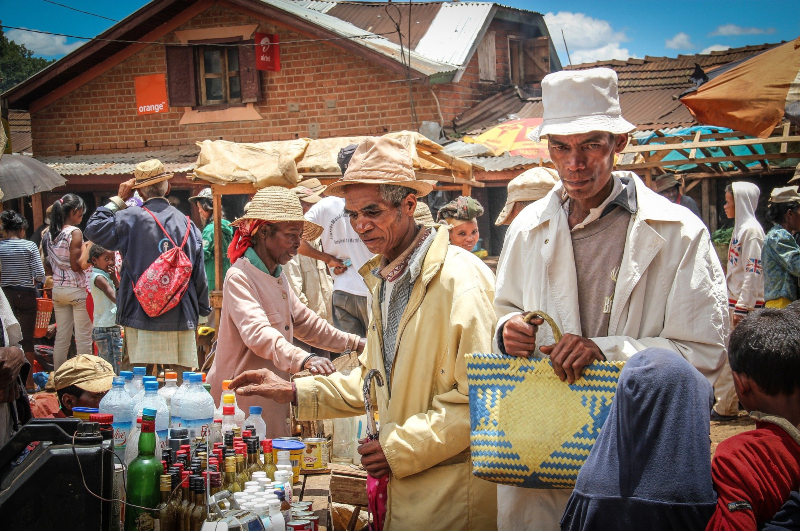
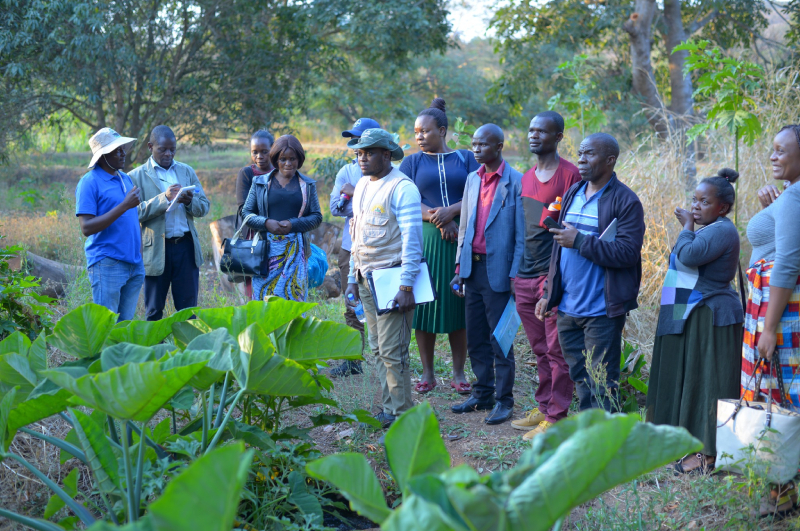
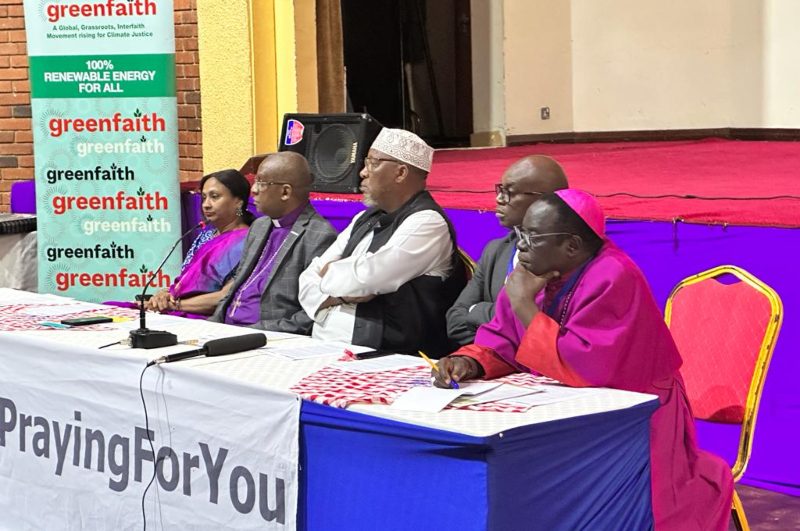
Select Payment Method
Pay by bank transfer
If you wish to make a donation by direct bank transfer please contact Fr Paul Hamill SJ treasurer@jesuits.africa. Fr Paul will get in touch with you about the best method of transfer for you and share account details with you. Donations can be one-off gifts or of any frequency; for example, you might wish to become a regular monthly donor of small amounts; that sort of reliable income can allow for very welcome forward planning in the development of the Society’s works in Africa and Madagascar.
Often it is easier to send a donation to an office within your own country and Fr Paul can advise on how that might be done. In some countries this kind of giving can also be recognised for tax relief and the necessary receipts will be issued.



